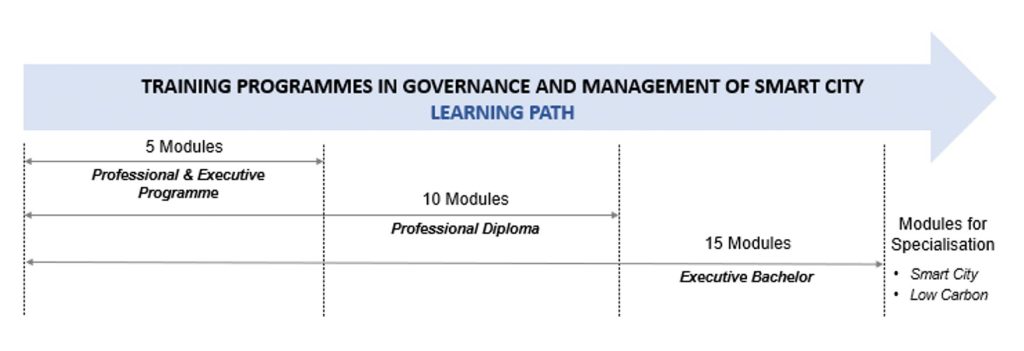
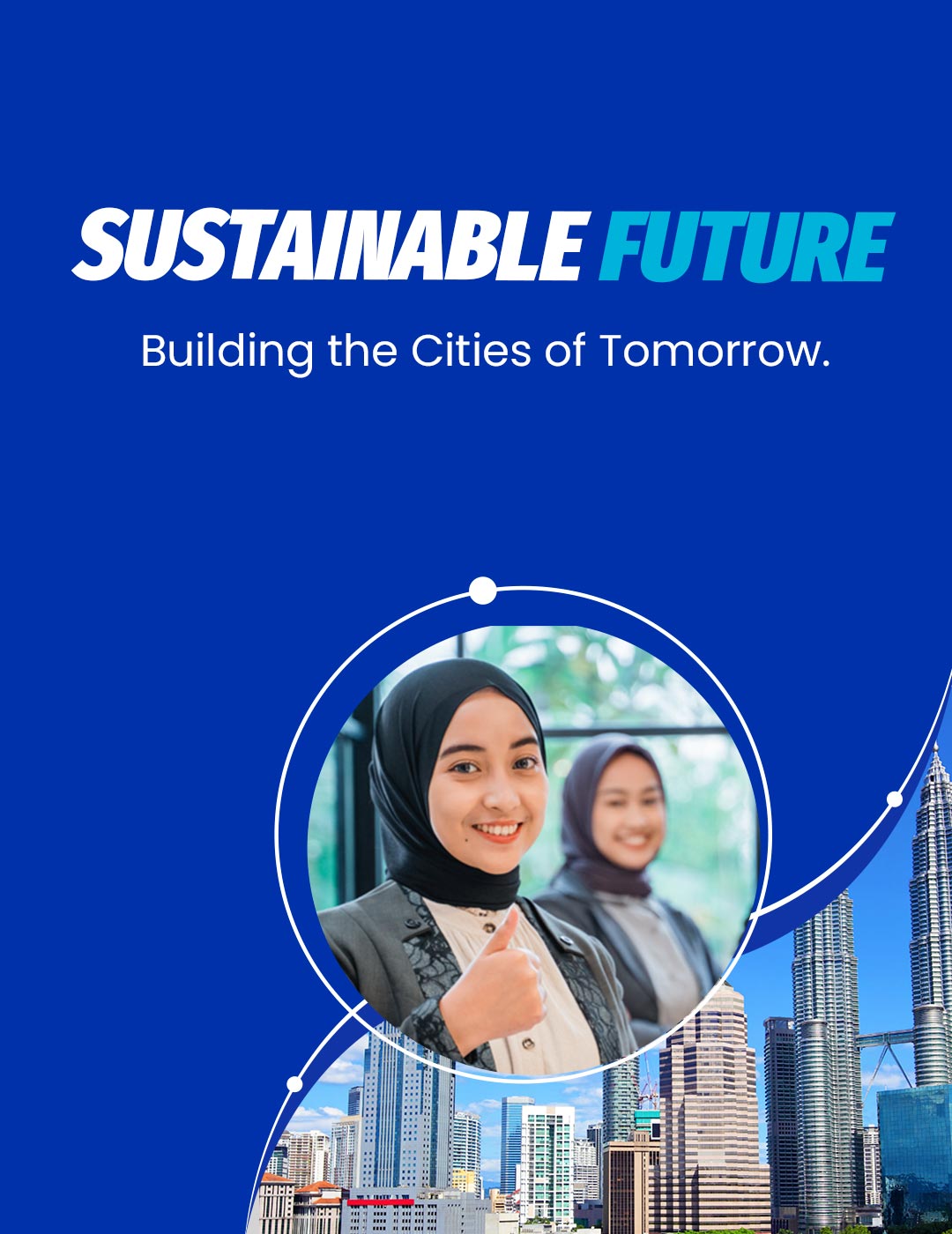
IMPLEMENTING SMART CITY STRATEGIES
A Policy and Standards Guide
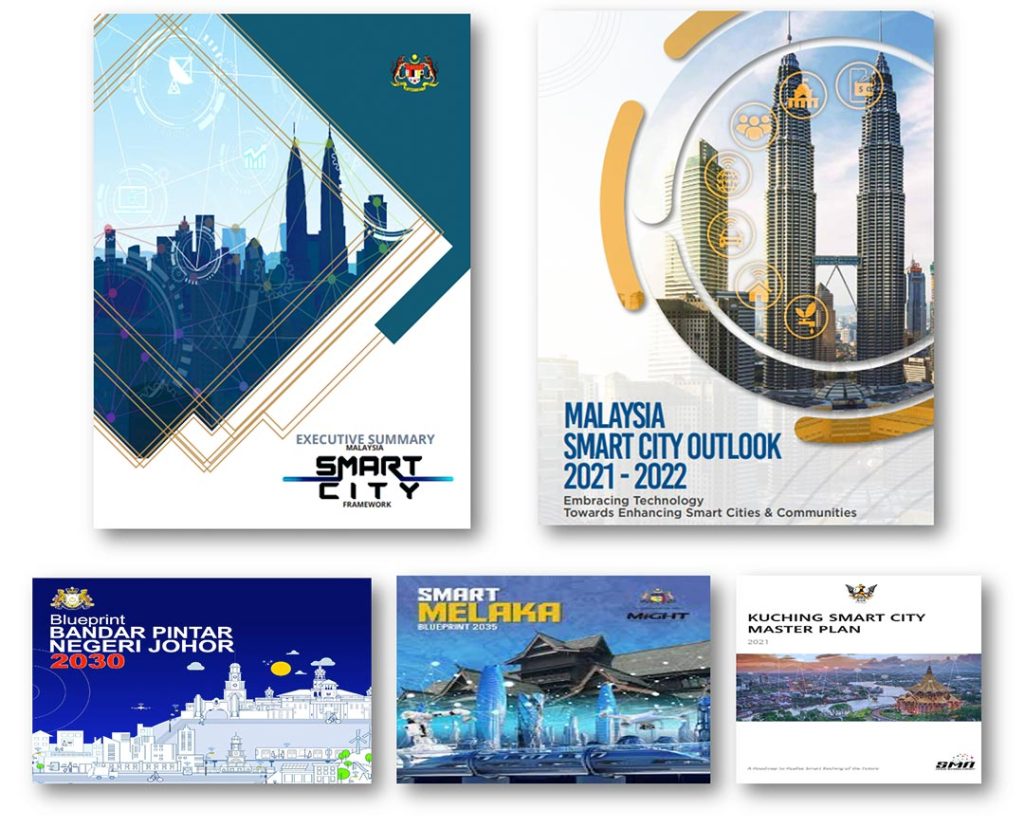
Malaysia is at the forefront of embracing smart city concepts, and has made significant strides in integrating technology to enhance urban living and working conditions. With initiatives such as the Smart City Framework launched by the Ministry of Housing and Local Government (KPKT) in 2019, Malaysia aims to create cities that are safer, more resilient, inclusive, and sustainable. The framework supports the 12th Malaysia Plan (2021-2025), which focuses on economic empowerment, environmental sustainability, and social re-engineering.
This ambitious agenda underscores the importance of building digital literacy and readiness among both infrastructure and the people to fully realize the potential of smart cities.
WHY TRANSFORM INTO SMART CITY?
Unveiling Smart City
Defination of Smart City
A smart city is one which uses digital technology to empower the economy and creates a harmonious living environment for its citizens. It does this by deploying sensor-driven data collection and powerful analytics to synchronize a range of services in the interests of improved performance, cost-effectiveness and minimal environmental impact. Making data-driven decisions through efficient people-authority data sharing is a key success factor of a smart city.
The benefits of Smart City
- The economy, government and people are the main beneficiaries of smart city, primed to derive the most benefits from its development and implementation.
- As cities grapple with ever-increasing cost of delivering efficient services to their citizens, the effective deployment of digital technologies would significantly improve performance, reduce costs and minimize environmental impact. This would result in improved livability and workability standards for communities.
- The combination of efficient mobility, effective resources management, together with a reliable digital infrastructure and the positive attitude of communities and the society at large, would further enhance city living.
- The ultimate goal is to make city economies progressive and sustainable.
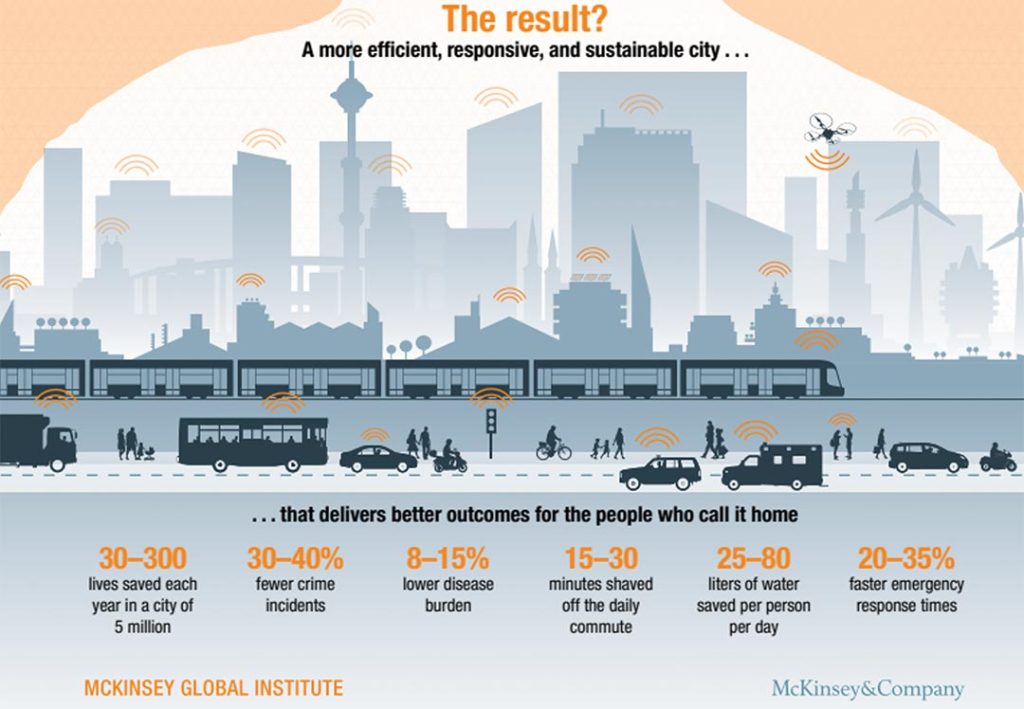
WHY TRANSFORM INTO SMART CITY?
Where We Are on the Global Smart City Index
Figure 1-1 shows that Kuala Lumpur ranked 54 on the Global Smart City Index 2020 which ranks cities based on economic and technological data. Kuala Lumpur is the second city after Singapore among all major ASEAN cities in this ranking.
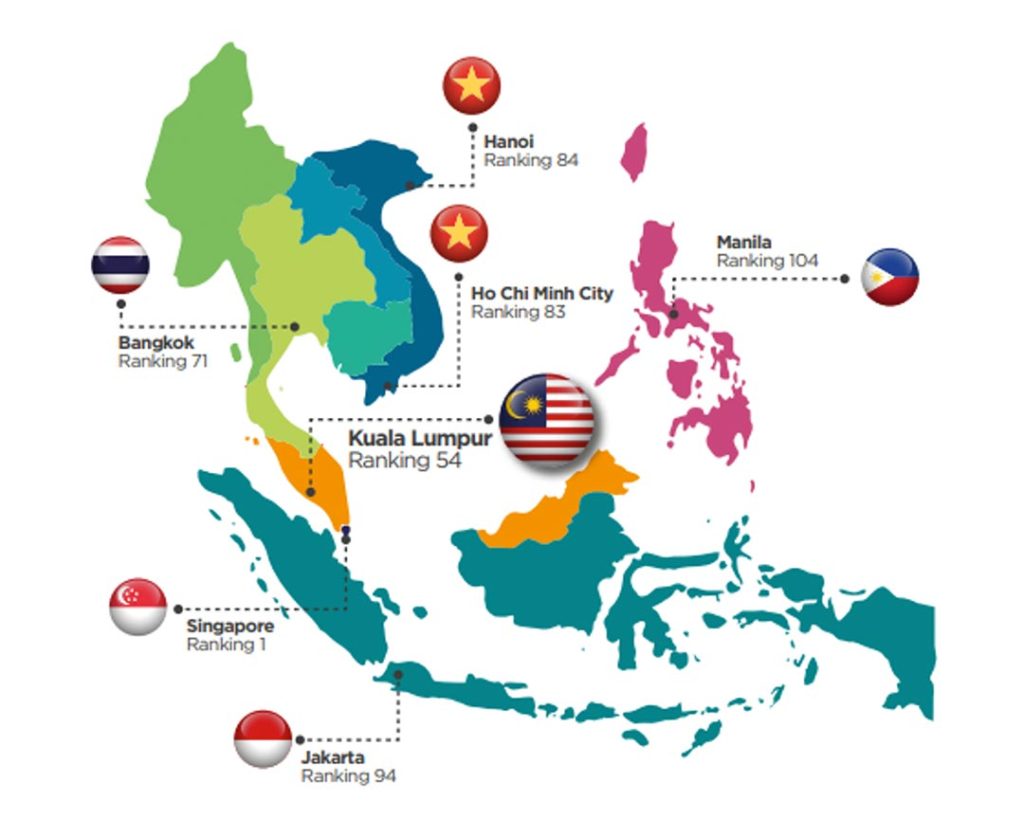
Figure 1-1 ASEAN Cities in Global Smart City Index 2020.
Source: IMD Global Smart City Index 2020
The Economic Impact of AI
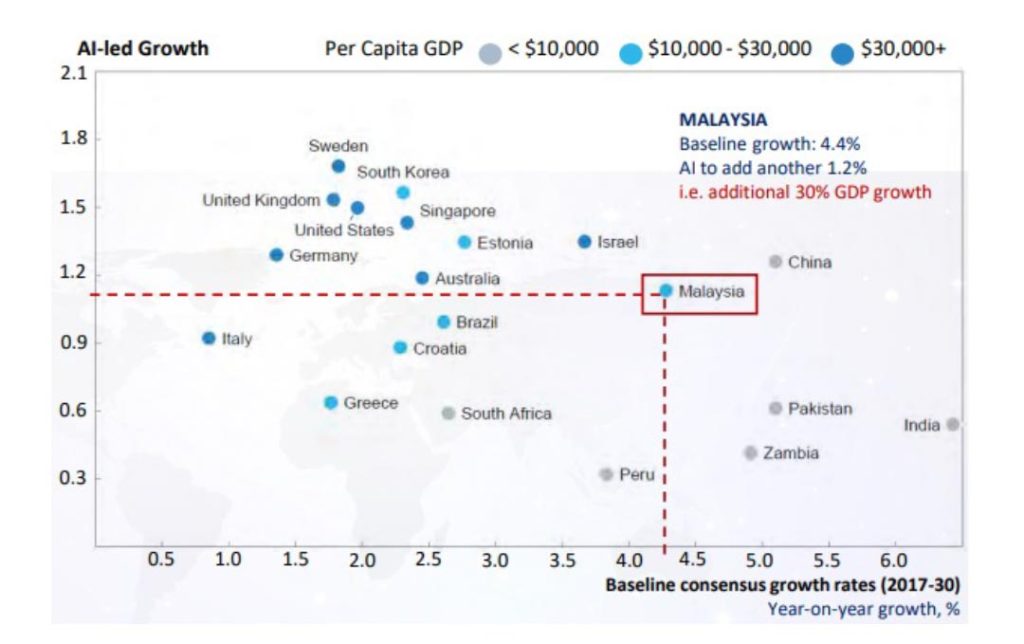
Using McKinsey data, simulation in 2018 reported that Malaysia’s baseline growth is about 4.4%, and with AI-led growth, there is an additional 1.2% growth impact, that leads to an increment of 30% GDP growth.
MALAYSIA SMART CITY MATURITY MODEL
For Malaysia to continue its development, it is essential to attain Smart City status. PLANMalaysia has outlined a Smart City maturity model for local councils (PBTs) to embrace and seek government endorsement.
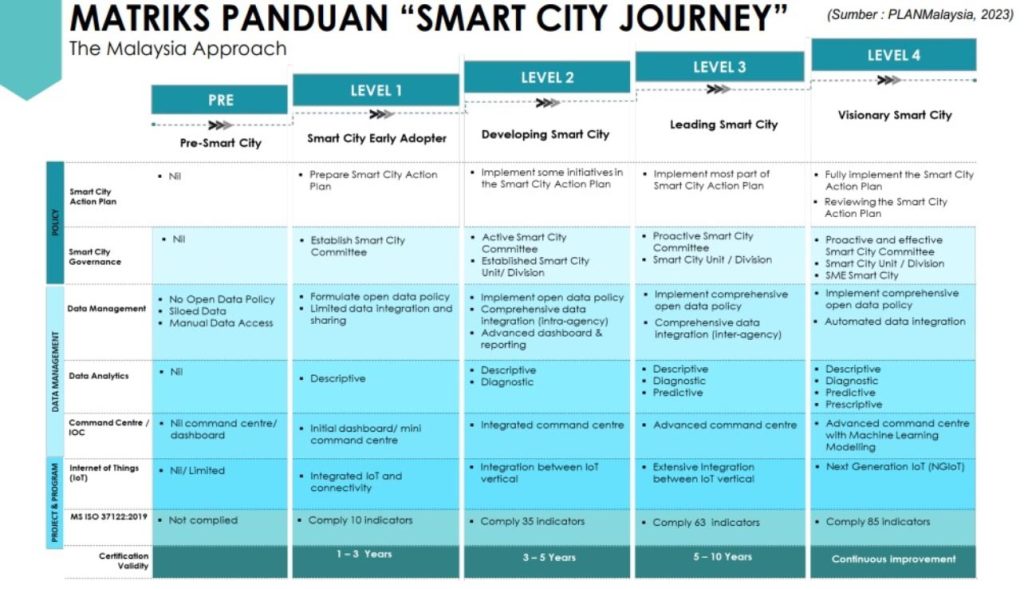
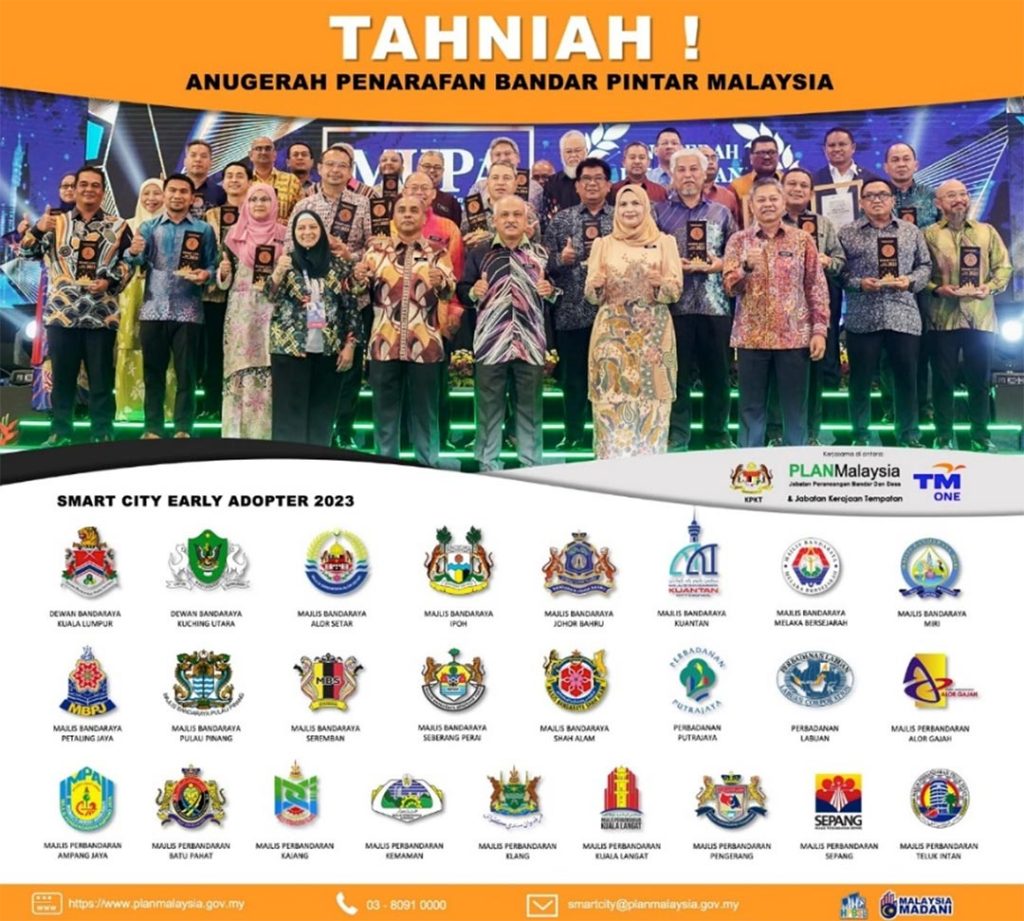
PLANMalaysia has awarded 25 local authorities (PBTs) above with the Smart City Early Adopter category (Tahap 1 Bandar Pintar) and will soon commence their smart city journey.
SMART CITY INDICATORS & RATINGS
In Malaysia, achieving full Smart City status involves a total of 85 indicators, each spanning four distinct levels with their respective ratings.
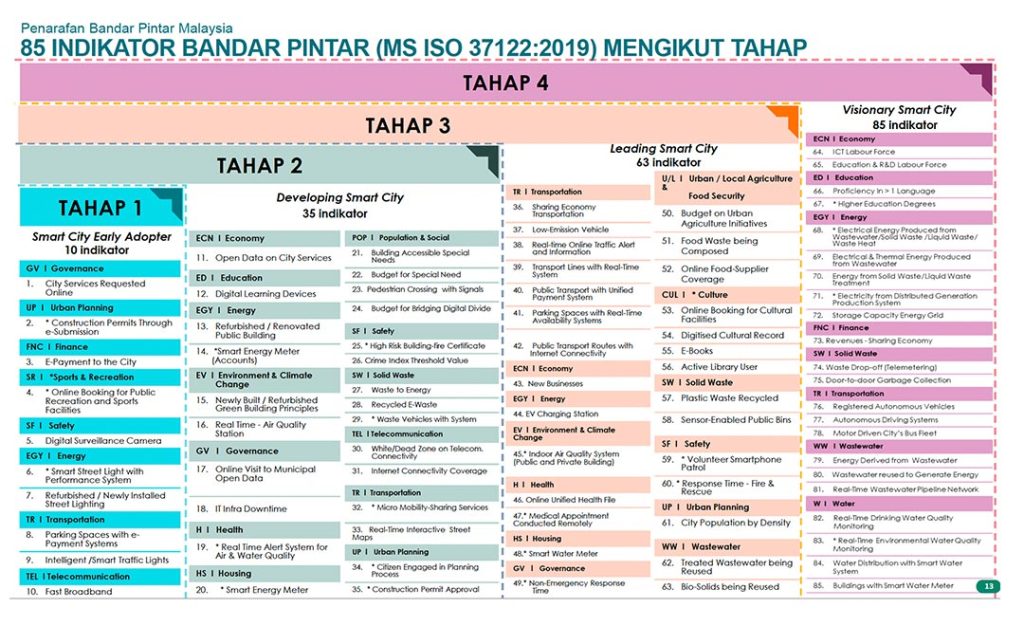
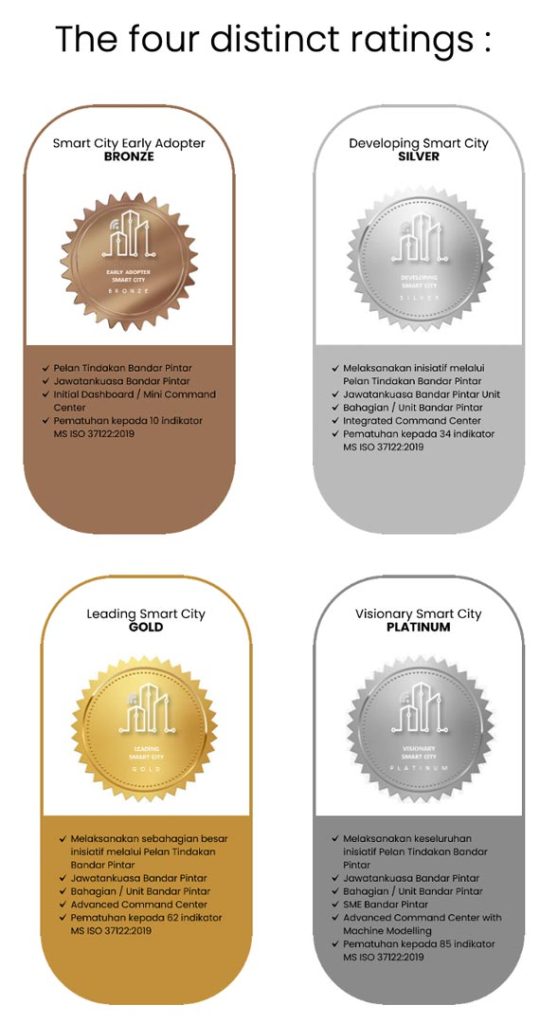
EMPOWERING STAKEHOLDERS FOR A SUSTAINABLE FUTURE
As Malaysia continues to advance its smart city ecosystem, PBTs need well-trained professionals and executives in this field to plan, design, execute and operationalise their smart city initiatives. This programme is designed to equip participants with the essential knowledge and skills to navigate the complexities of smart city development, covering critical aspects such as policy development, technology integration, data management, and sustainability, making it an indispensable tool for stakeholders.

Implementing Smart City Strategies based on Policy and Standards Guide

Building the Cities of Tomorrow by leveraging on Technologies, Lessons, and Future Visions

Adopting the Essentials of Data Policies for Smart Cities

Establishing Internal Data Governance & External Open Data Policy
TALENTS AS ENGINE FOR SMART CITY ADVANCEMENTS
Imperative Investment in Capacity Building
The transformation towards smart cities is not just a technological evolution but a strategic imperative for sustainable urban development. Therefore, capacity building is an essential investment in stakeholders to lead this transformation, in order to drive change and create cities that are not only smarter but also more liveable, sustainable, and inclusive, by harnessing technology and data. Ultimately, by embarking on this journey, stakeholders can contribute to a more resilient and prosperous urban future, aligning with Malaysia’s ambitious smart city goals and setting a benchmark for global practices.
Continuous Growth in Capability
The overall learning journey of the professional and executive programmes is as below.
